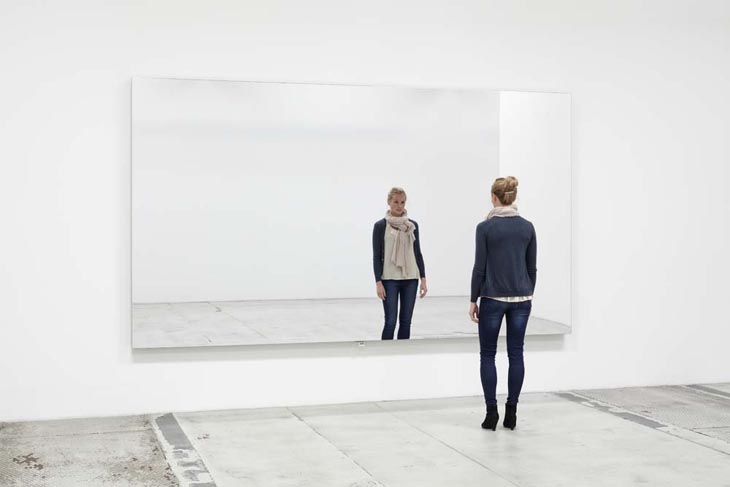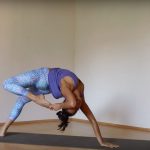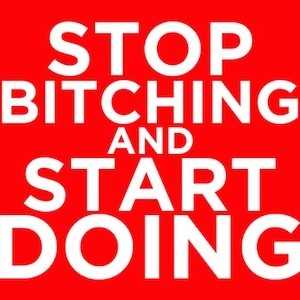Take A Good Hard Look At Yourself ~ Maya Devi Georg
–
“Look at yourself.”
What does the phrase mean to you? What images does it conjure, what memories are resurrected within you?
It makes me thing of a David Sedaris short story, his mother says this to him as he stuffs his face full of chocolate so he won’t have to share. It reminds me of a scene in the film I <3 Huckabees, where the shallow protagonist is told he has repeated the same story of outwitting a celebrity over and over and over again.
It makes me think of every single terrible thing I’ve ever done. It makes me feel the guilt of hurting other creatures, stomping ants as a child or swatting at my dog when he ate my favorite shoes, of being mean to people and seeing the hurt in their eyes.
It also makes me see that as bad as I’ve been, the lowest I ever sunk, does not come close to showing me my best. So, after acknowledging my worst, I went in search of my best. I volunteered, I helped, I praised, I loved. I made an effort to find the pinnacle of my own behavior, and I am still searching for that highest point.
This is yoga.
Yoga is all about taking a good hard look at yourself so that you can find out what you are truly capable of – both the worst, and the best.
“There is no coming to consciousness without pain. People will do anything, no matter how absurd, in order to avoid facing their own Soul. One does not become enlightened by imagining figures of light, but by making the darkness conscious.”
~ C.G. Jung
So, why do so many people who do yoga refuse to see their worst, and instead posture and preen, cultivating a façade of enlightenment and serenity? Why do they try to hide this, all while allowing it to flourish and manifest in sneaky and dishonest ways?
Why would we as a community seem to prefer insincere posturing over real human emotion? Why do we laud false images of perfection over honest and god-given flaws? Has the yoga community been so influenced by popular culture, preferring photoshop and plastic surgery, that the real is unwelcome? Do we no longer want a sincere and personal yoga experience?
Why do we value the appearance of being yogic more than actually being yogic?
Faking our way to enlightenment does not get us there any faster. In fact, it slows down (or altogether stops) the practice from working. You can’t win your way to enlightenment through popular opinion, any more than you can buy your way there.
In order for the practice to work we have to look at ourselves, to see our darkness, to understand it so we can understand our own motivations, to see the samskaras and karmas that propel and move us through our lives.
This is uncomfortable and painful. Not in the way a yoga asana is uncomfortable and painful. No, this is far deeper – this is re-experiencing guilt and shame, fear and anger, jealousy and hate. These emotions teach us compassion, because if we can admit to ourselves that we have all felt these emotions, we can forgive others for feeling them, too.
I have seen great yoga masters, enlightened and wise, that still exhibited these emotions. Enlightenment does not mean you stop being human.
Let’s put away the sanctimony. Let’s stop pretending to be wiser and better than others around us. Because when you act like you are better than other people, you prove that you’re not.
So, let’s all take a good hard look at ourselves. Let us see and admit our very worst, and then strive to find our very best. And when we find our best in ourselves, let us find that best in those around us, seeing the divine spark in all creatures.
Let us keep working our way towards the goal of yoga, merging back into the source, the divine, the cosmic consciousness – and help each other along the way!




